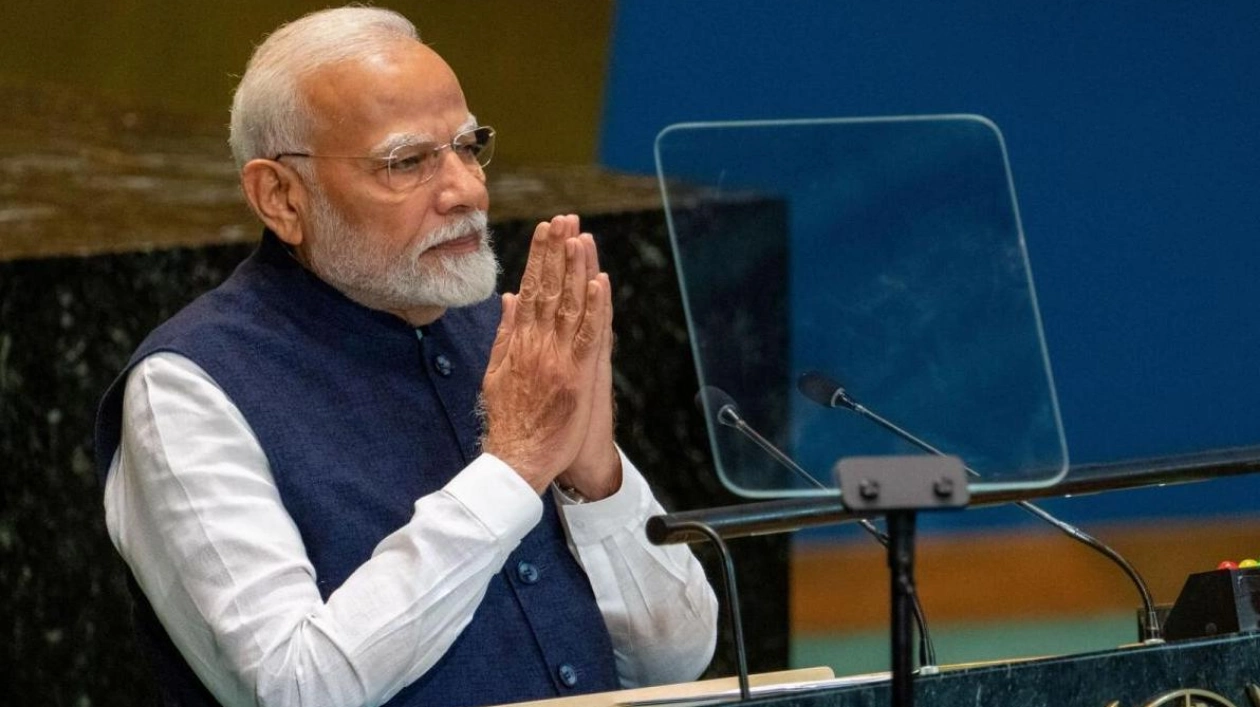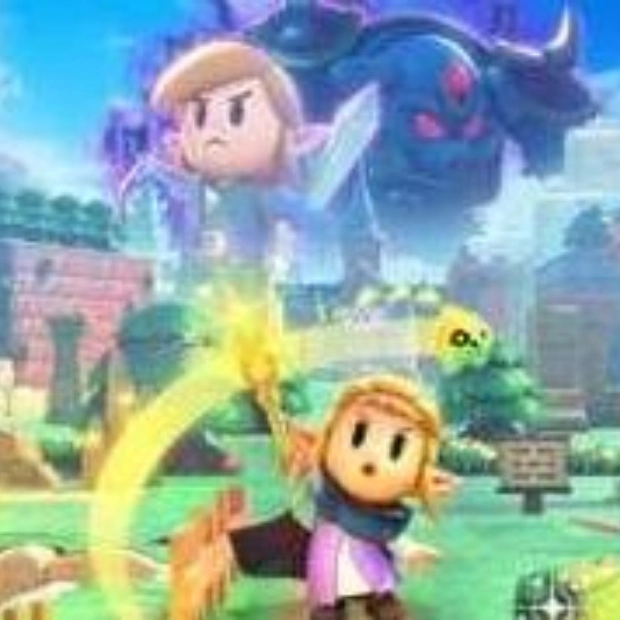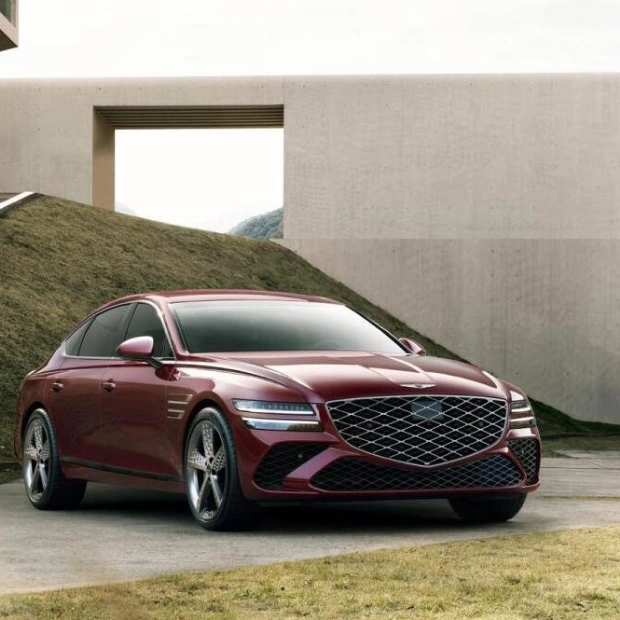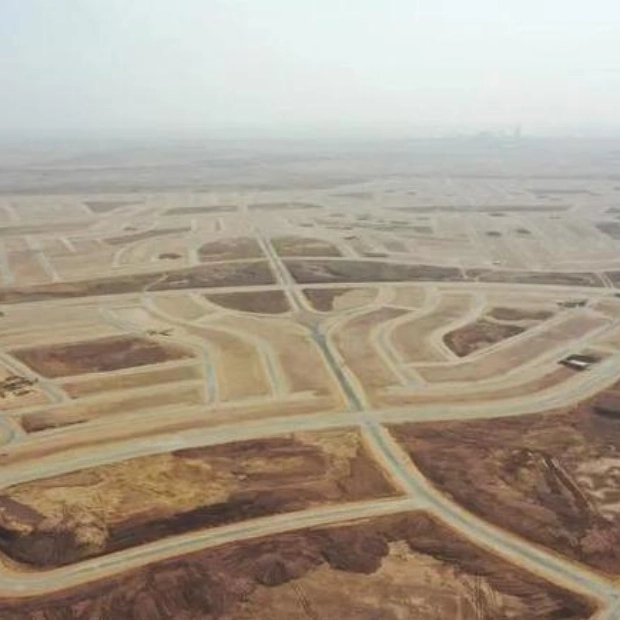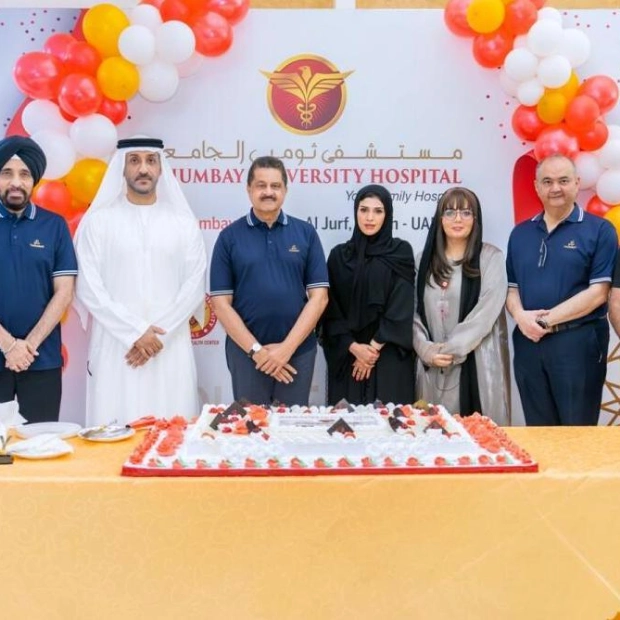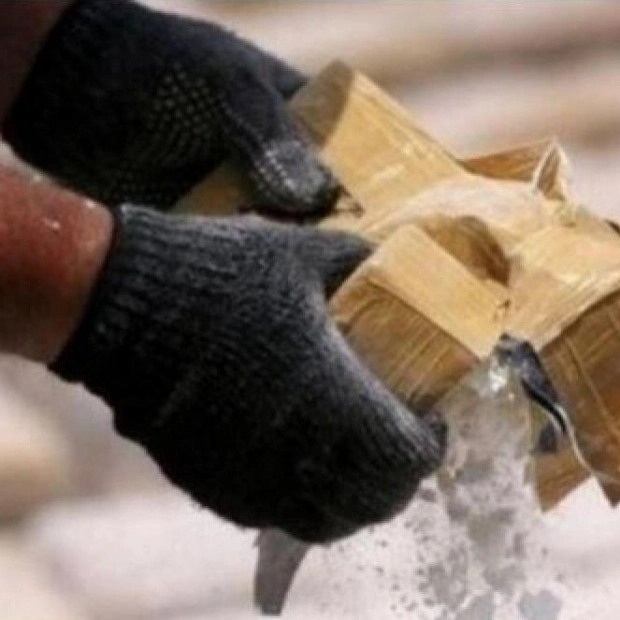Indian Prime Minister Narendra Modi landed in Nigeria on Saturday, marking the beginning of a journey that will take him to the G20 summit in Brazil and Guyana. This visit underscores the growing ambitions of both Asia and Africa to assert a more significant role on the global stage. Abuja, Nigeria's capital, was the first stop on Modi's itinerary. New Delhi has characterized this meeting as a rendezvous between the world's and Africa's largest democracies, or "natural partners." "May this visit strengthen the bilateral ties between our countries," Modi expressed on social media upon arrival. Nigeria's President Bola Tinubu echoed this sentiment, stating that the visit would bolster the strategic partnership between the two nations. Modi is scheduled to meet with Tinubu at his official residence in Abuja on Sunday. Images shared on Modi's social media accounts depicted him being warmly received by Nigerian officials and a jubilant crowd from the country's 60,000-strong Indian community. This visit coincides with renewed efforts by both India and Nigeria to secure permanent representation on the United Nations Security Council. Currently, the five permanent members—the United States, Russia, China, France, and Britain—wield a powerful veto. In recent times, proponents of a more "multipolar" world have advocated for the inclusion of more African, Asian, and Latin American countries in this elite group. Nigeria, with its 220-million-strong population, is the largest nation in Africa, but its diplomatic clout is matched by South Africa. If the UN succumbs to pressure to grant greater representation to an African country, Abuja and Pretoria could find themselves vying for the coveted spot. India, the world's most populous country with 1.4 billion people, representing a sixth of humanity, and a nuclear-armed state, has long aspired to a permanent UN Security Council seat. India is also a member of the BRICs group, which includes Brazil, Russia, China, South Africa, Iran, Egypt, Ethiopia, and the United Arab Emirates. Nigeria is designated as a BRICs "partner country" but has yet to achieve full membership, with some observers blaming South Africa for the delay. Beyond diplomatic maneuvers, Modi's visit aims to foster economic collaboration, with several technical agreements slated to be signed. Africa has emerged as a focal point of competition among the United States, former European colonial powers, Russia, Turkey, and notably China. India has also made significant strides, with Modi's office highlighting that over 200 Indian companies have invested $27 billion in Nigerian manufacturing, becoming major employers. Nigeria also benefits from Indian development funds, including $100 million in loans and training programs for local workers.
Source link: https://www.khaleejtimes.com
